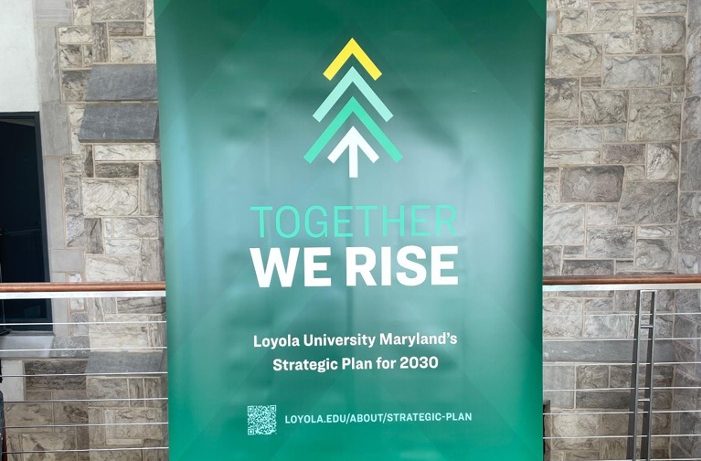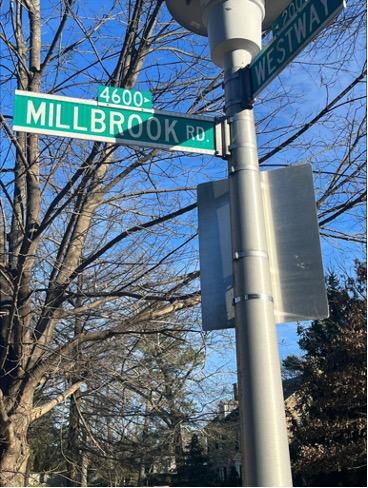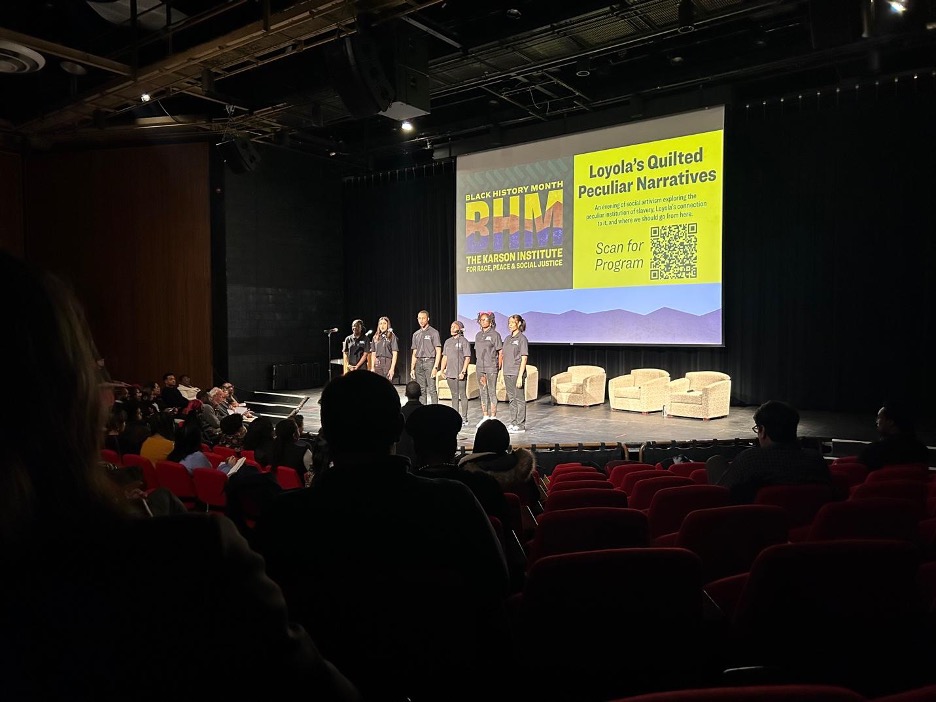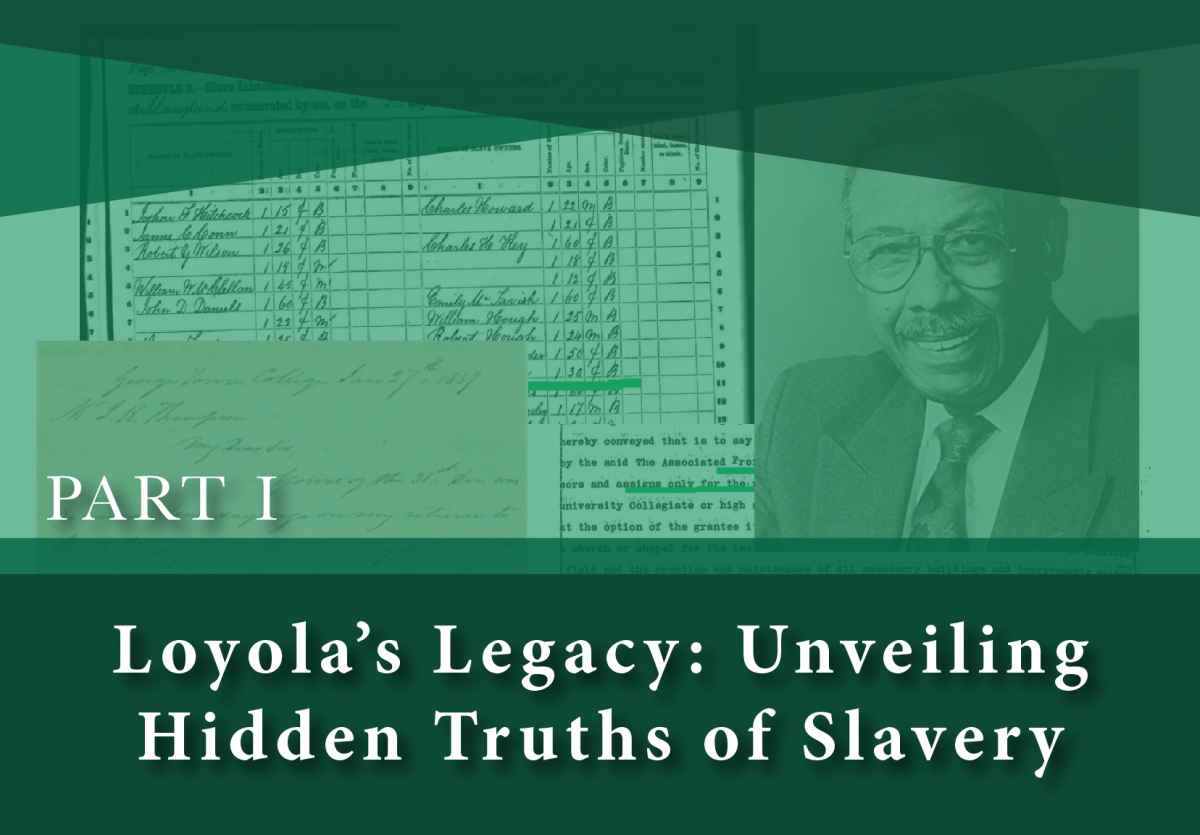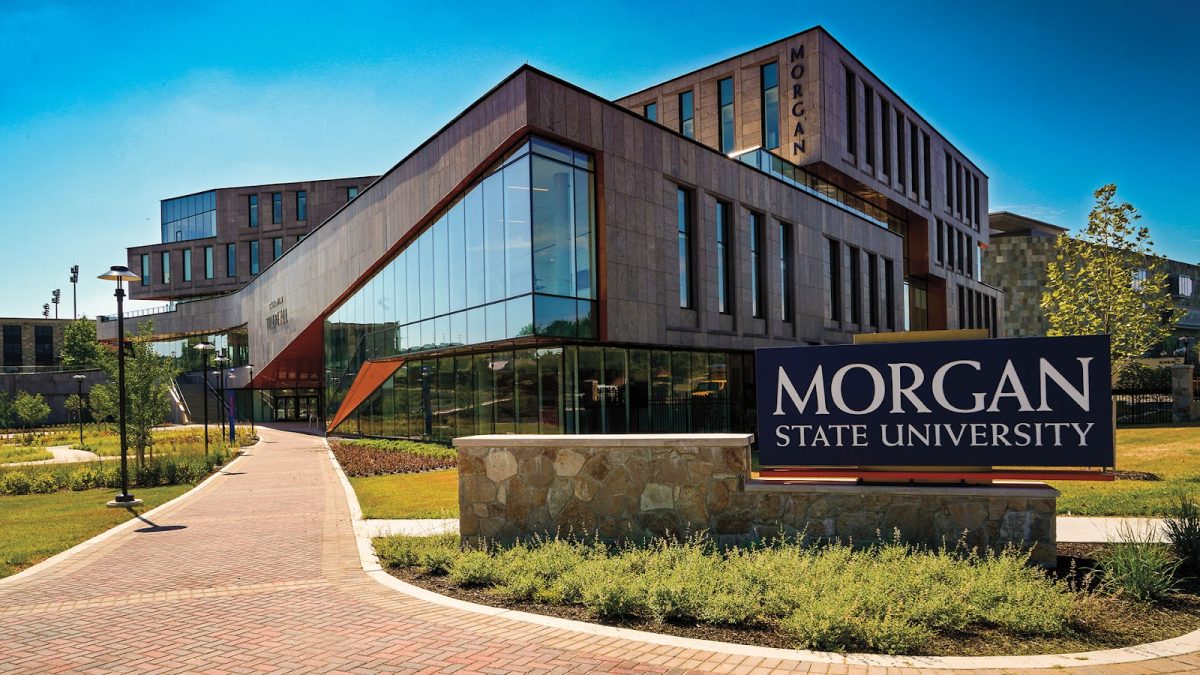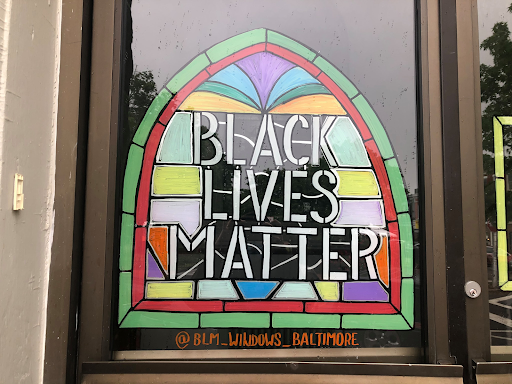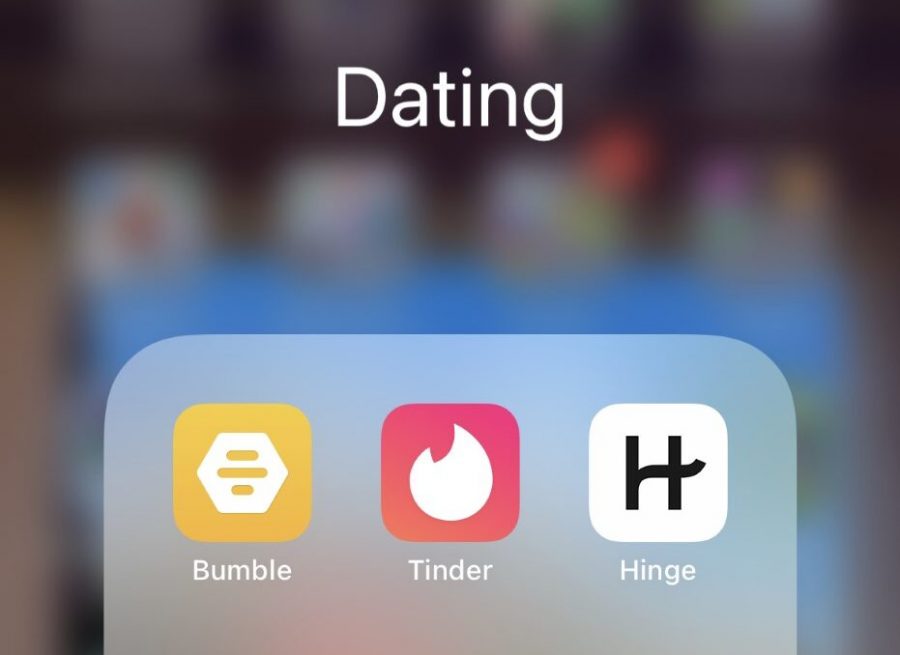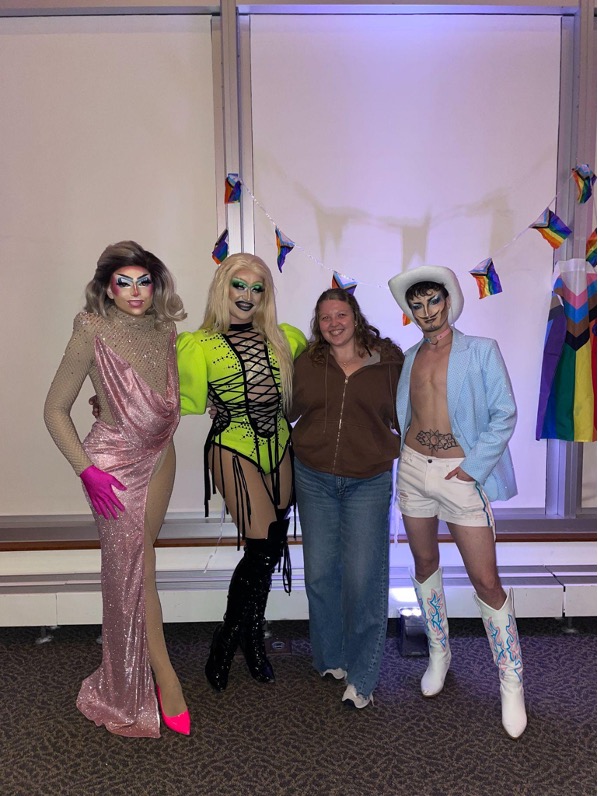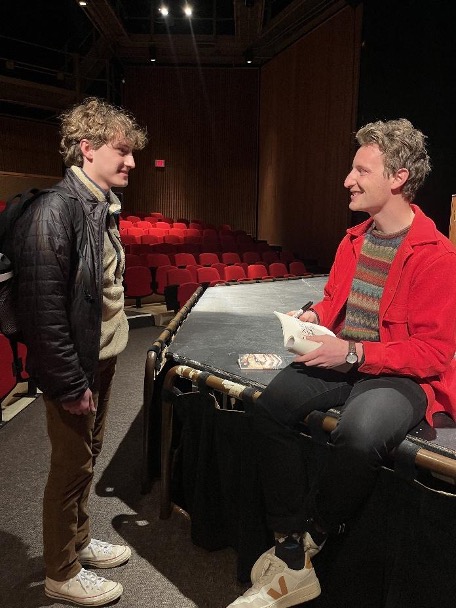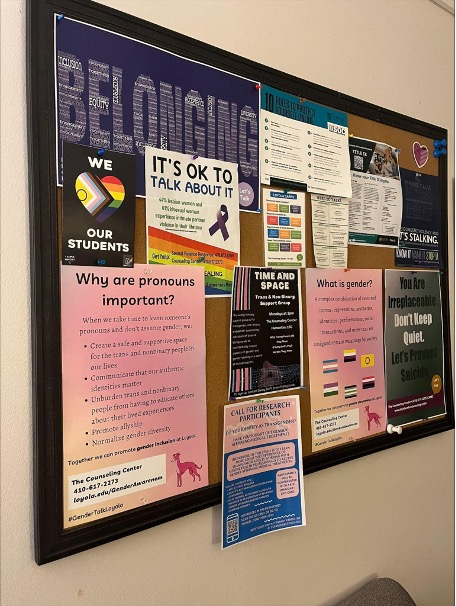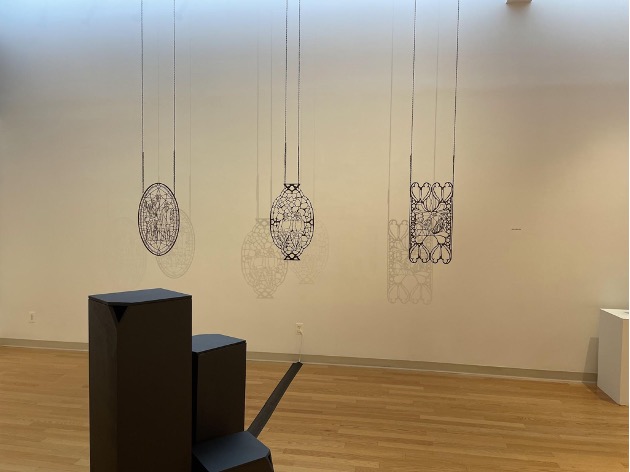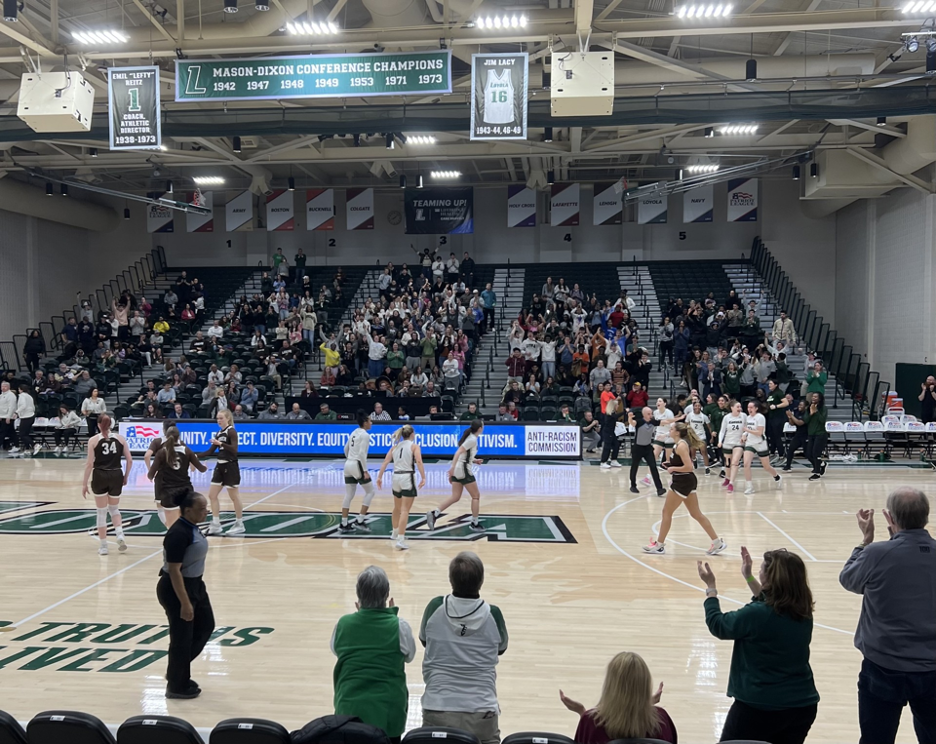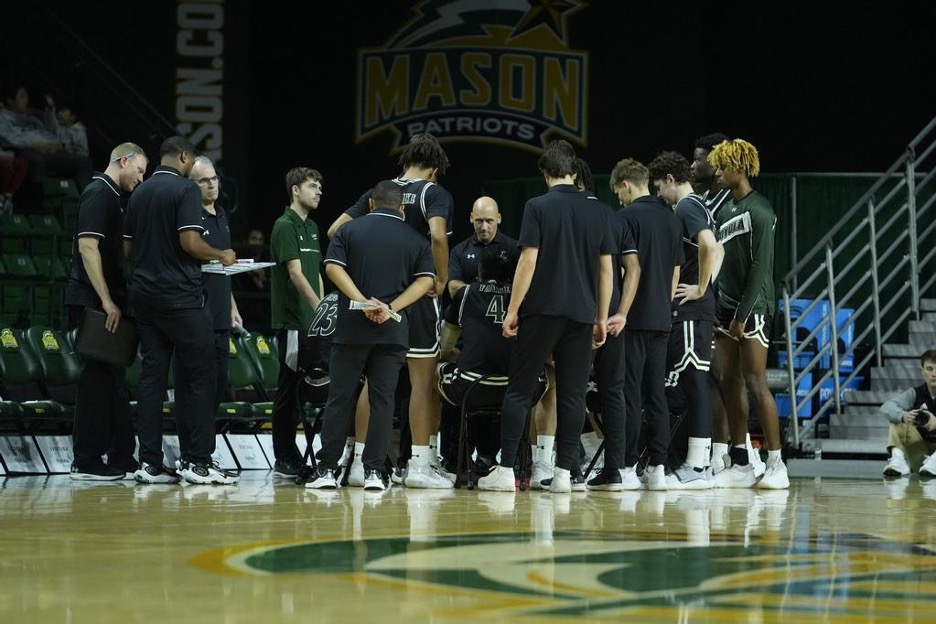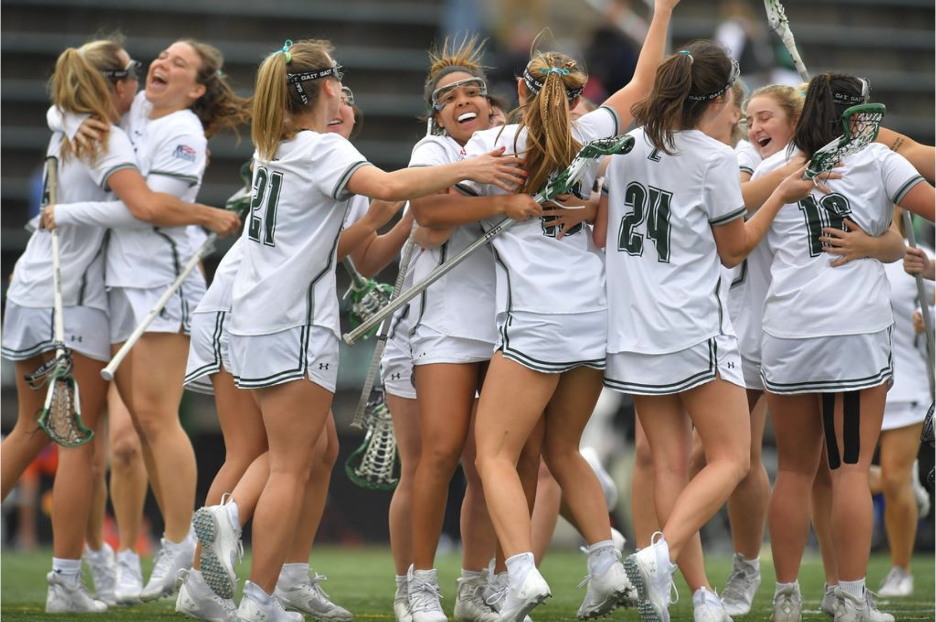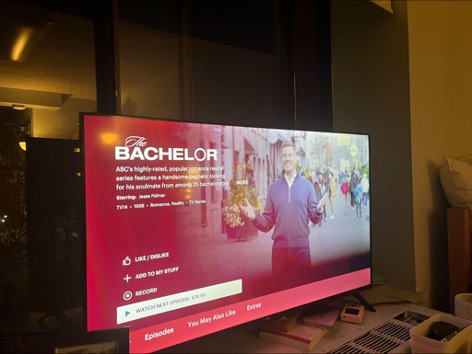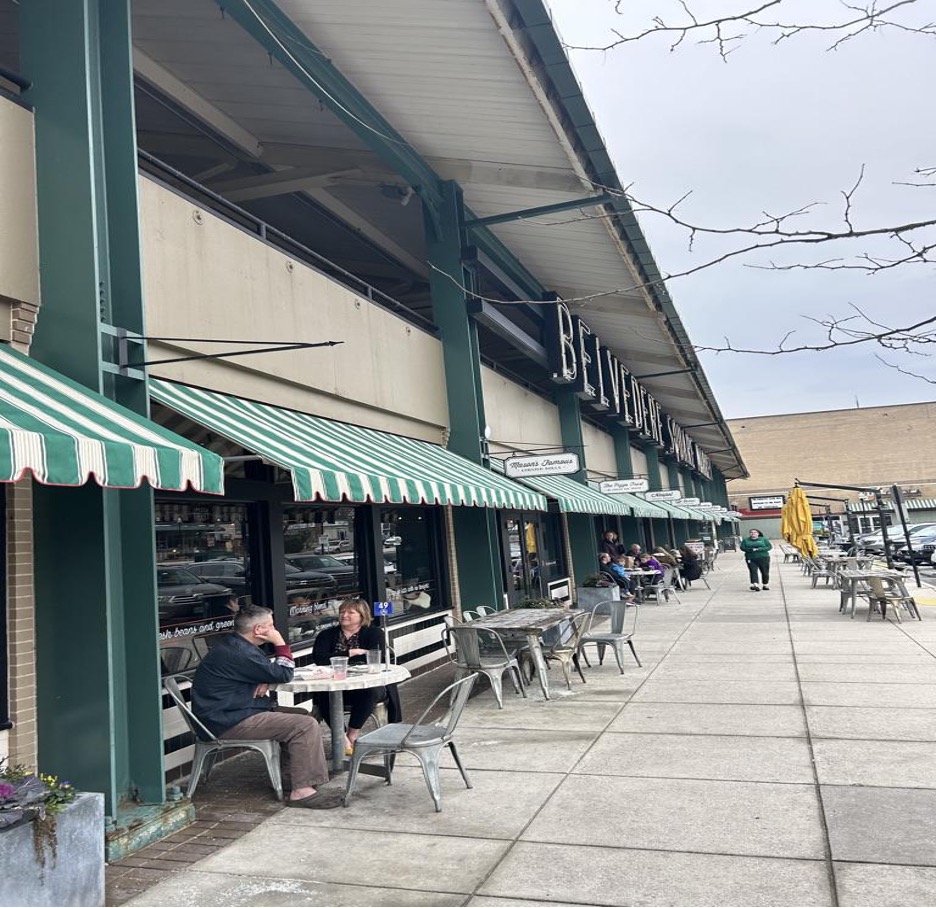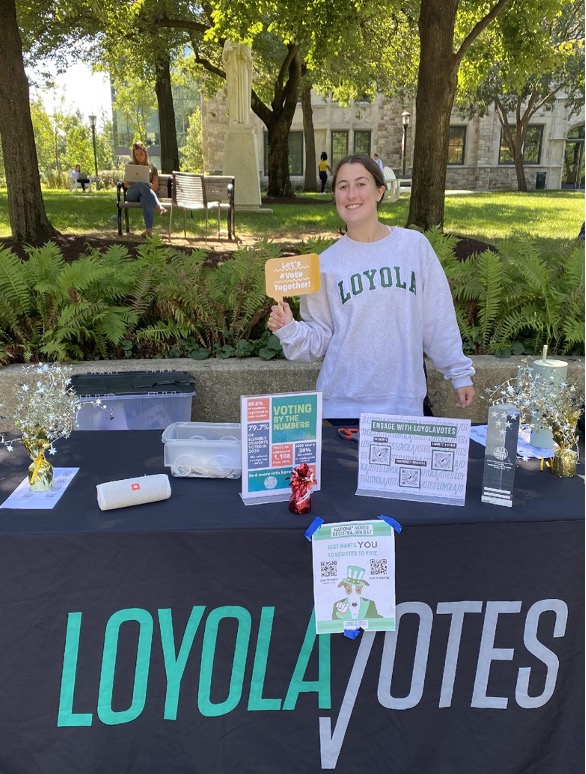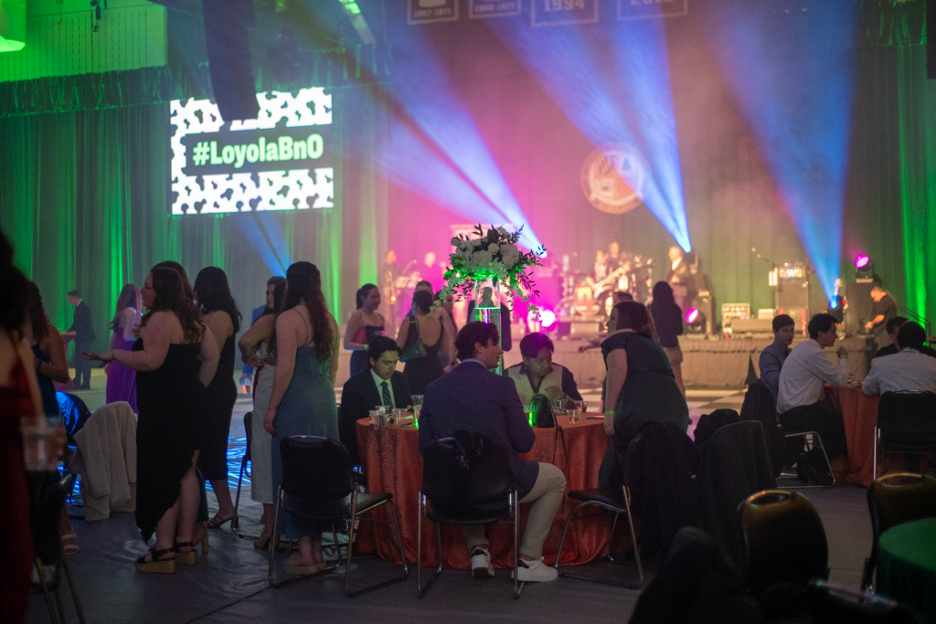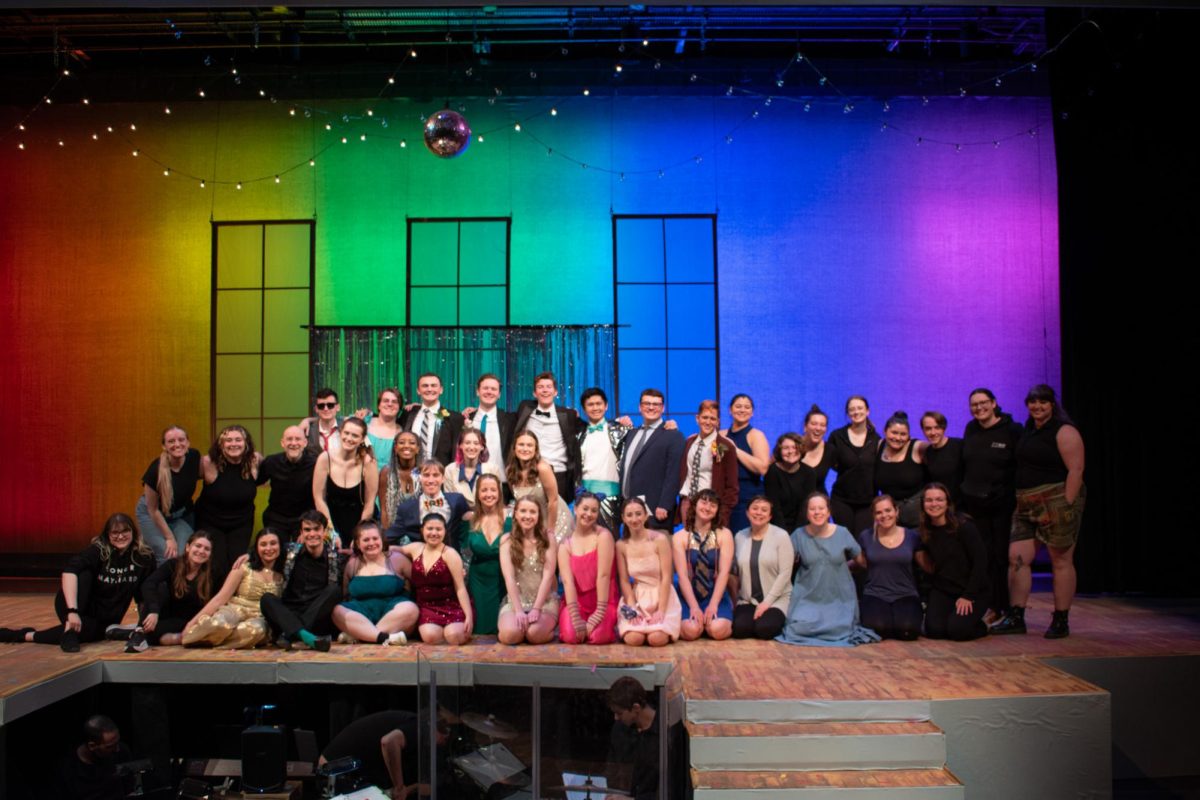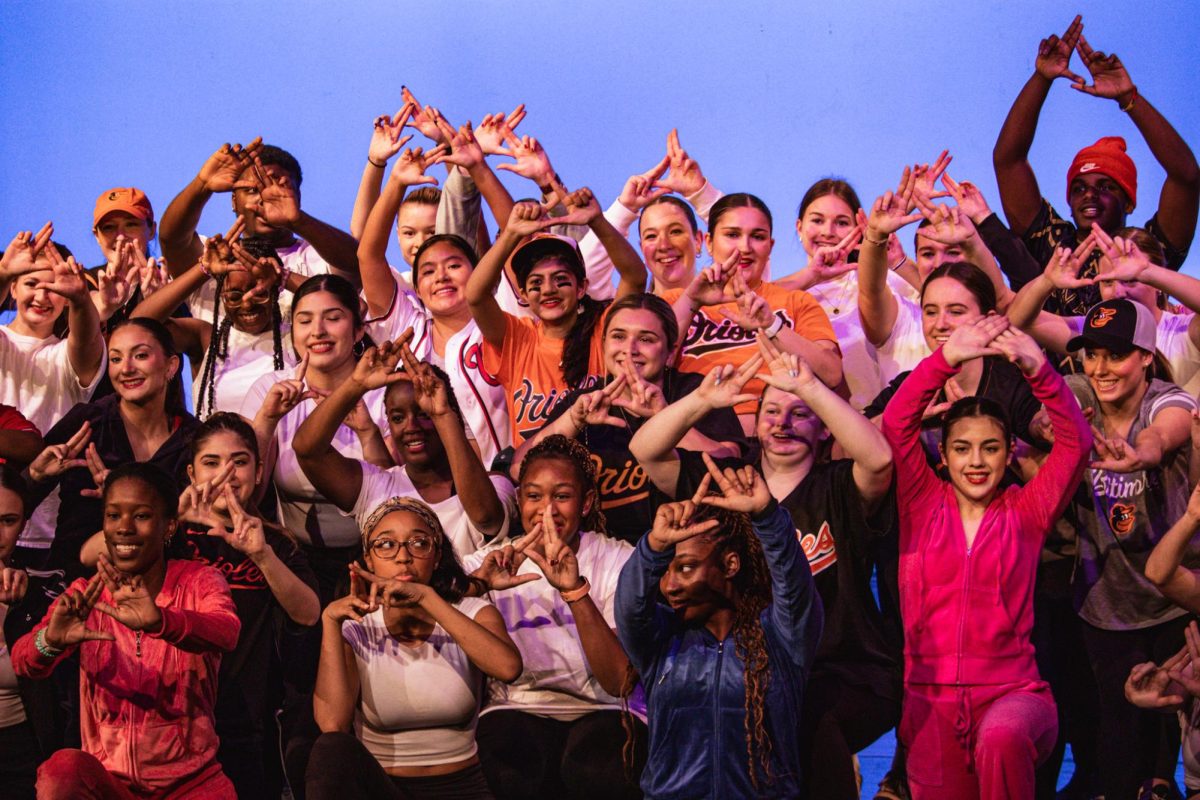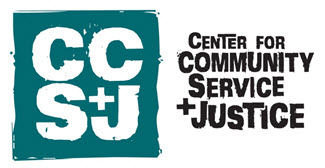Claire Schaenen ‘20 holds up an index card with the letter “S” on it. A 6-year-old student recites the sound of the letter and is rewarded with a sticker when he masters the pronunciation.
Schaenen currently participates in service learning at Guilford Elementary School. There, she does speech and language intervention training with first and second grade students. Volunteering to help children improve their speech and language skills is important to her because she wants to be a speech pathologist. Many of the children that she works with do not have resources at home to help them improve their language skills. Through service learning, she is able to become a resource for the children.
“It is rewarding to come back each week and observe improvements in their speech and language skills and report these accomplishments to other instructors working in the school,” Schaenen said.
Service learning is an optional experience for some classes at Loyola. It gives students a way to interact with a variety of communities throughout Baltimore. Students can enhance their education by applying what they are learning in their classroom to a real-life situation.
The director of the Center for Community Service and Justice (CCSJ) Erin O’Keefe ‘03 was first exposed to service learning when she participated in it while attending Loyola as an undergrad. Community service is an important aspect of Jesuit education.
“We learn through being connected with people that are different from us. Service learning is key to how we learn our core class experiences and how we process that information to our own personal experiences,” O’Keefe said.
Maggie Keary ‘20 did service learning for her Introduction to Special Education class at the Gateway School. She used the material that she was learning in her class to help her work with students with special needs. She said she was able to become more patient and understanding by directly working with the students.
“It enhanced my ability to work with students with special needs and learn the best ways to help them with their academic and social skills,” Keary said.
Kate Figiel-Miller, Assistant Director of CCSJ, believes these experiences give education a deeper meaning. Service learning, Figiel-Miller claims, can act as a gateway to develop awareness of social justice issues. It can also help develop additional skills, such as leadership and responsibility.
“It is important to see our community partners throughout Baltimore as people with whom we can learn from and not that we’re offering something to them, but that they are really serving as educators to us,” O’Keefe said.
She also said these skills and experiences help students become more marketable to employers. Schaenen said service learning was an opportunity for her to gain the experience of actually helping children with speech impairments.
“I thought it would be an additional opportunity to do hands-on training with what I want to major with. It could help me get an idea of what a real clinician session might be like,” Schaenen said.
O’Keefe and Figiel-Miller addressed some concerns that students may have when considering doing service learning. CCSJ provides transportation, so students don’t have to worry about not being able to get to their community partner. CCSJ also makes sure that there is a wide range of opportunities so students are able to volunteer at a place that they are interested in.
Service learning is a commitment because each class requires a certain number of hours to be completed over the semester. While this may worry some students, O’Keefe thinks volunteering is important because you may be helping people that are less fortunate than others.
“If you are committed to a service learning partnership that is working with you, those kids are relying on you to show up. You might be the one person in their life that is really supporting them in that way,” O’Keefe said.
Among other resources that CCSJ provides are internships and immersion projects. O’Keefe and Figiel-Miller want students to ask what opportunities are next that can help them grow as a person and as a student.
“When I was an undergrad, I did service learning at a nonprofit in Baltimore called My Sister’s Place. I accepted a job there after college that helped lead me down my career path today,
To learn more about CCSJ, visit https://www.loyola.edu/department/ccsj.
Featured Image: Courtesy of loyola.edu




